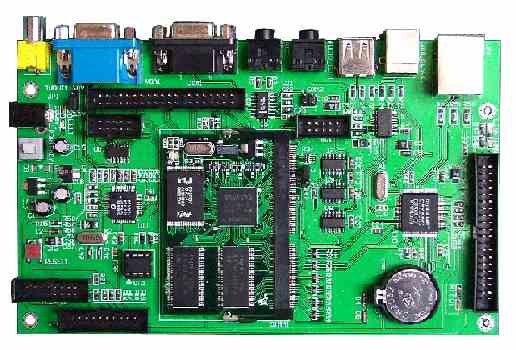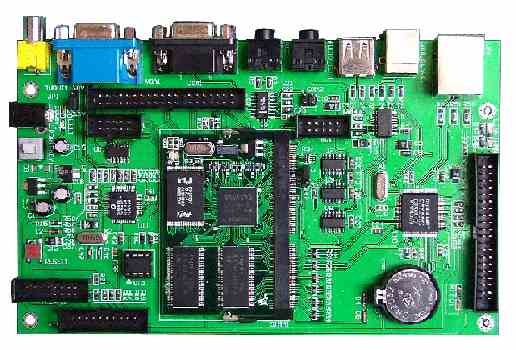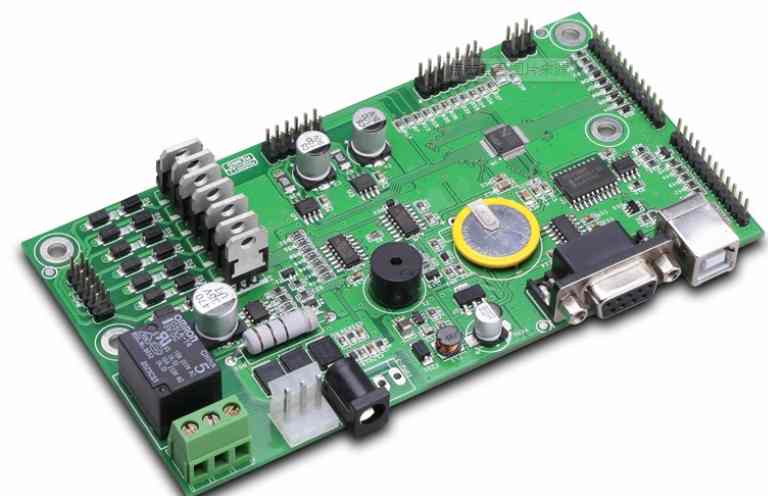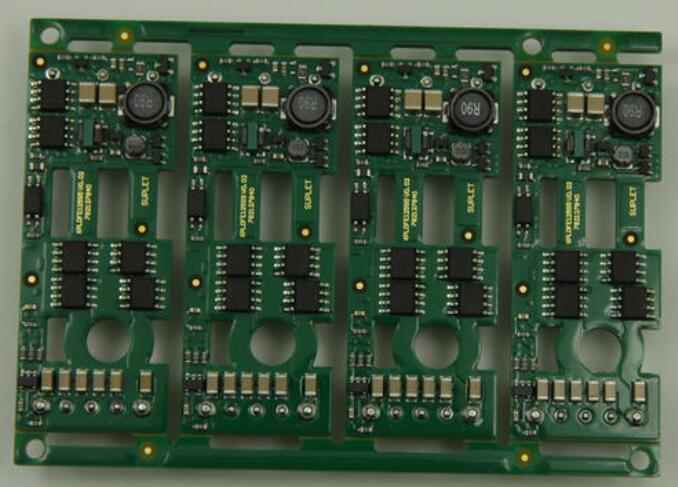
When the circuit board works in a harsh environment for a long time, it may be unable to work normally due to various problems. When the circuit board fails to work normally and efficiently, we need to debug the circuit board to some extent, so that the circuit board can be restored to normal and work normally and efficiently. Debugging of the circuit board requires certain skills. Here is how to debug the problem circuit board and how to judge the quality of PCB related knowledge.
1. How to judge PCB quality
1. The raw material of PCB is very common in our life. It is composed of glass fiber and resin. The two are combined and hardened to form an insulating, insulated plate that is not easily bent. This is the circuit board substrate. Generally, PCB substrate made of glass fiber and resin alone cannot transmit signals, so we will cover the surface with a layer of copper, and therefore we also call PCB substrate copper-covered circuit board.
2. PCB mainly provides interconnection between electronic components. Color is not directly related to performance. The color difference will not affect the performance of the appliance. The performance of the circuit board is determined by the material used, the layout and the number of layers of the board. However, in the process of making the circuit board, black is the most easy to cause color difference, if the pcb circuit board manufacturers use the raw materials and production process slightly wrong, it will cause the PCB circuit board defect rate rise due to color difference. This will increase the cost of production.
3. Because the circuit routing of black PCB is difficult to identify, it will increase the difficulty of research and development and after-sales maintenance and debugging. Generally, if there is no RD(research and development) design personnel and strong maintenance team, black PCB will not be easily used. It can be said that the use of black PCB is a brand of RD design and late maintenance team confidence in the performance, from the side, but also pcb circuit board manufacturers of their own confidence in their own strength.

2. How do I debug the faulty circuit board
Mode technique one: measurement circuit board voltage method:
This method first requires that we use the instrument to confirm whether the voltage value of each chip power pin on the circuit board is within the normal range, and also needs to test the value of the working voltage of the point to see whether the value is within the normal range. For example: in the general case of silicon triode in the case of conduction, BE junction voltage is about 0.7V, and CE junction voltage is about 0.3V or less. If it is found that the voltage value of the BE junction of the triode is greater than 0.7V during the test (except for special triode, such as Darlington tube, etc.), in this case it may BE the case that the BE junction appears open.
Debugging method two: circuit board signal injection method:
The principle of this method is that the signal source is added to the input end, and then the waveform of each point is measured in turn to see whether it is normal, so as to find the fault point. Sometimes we also use a simpler method, such as holding a pair of tweezers, to touch each level of input to see whether the output is responsive, which is often used in audio, video and other amplifier circuits. If there is no reaction to touching the first level, but there is a reaction to touching the second level, it indicates that the problem is in the first level, should focus on inspection
Debugging method three: circuit board mode method:
Look, listen, smell, touch and see: it is by observing the surface of the circuit board is obviously mechanical damage, such as: deformation, rupture and other related cases. Listen: it is through the sound of the work of the circuit board carefully discriminated, and the sound of the normal time, so as to determine the problem. Smell: is to check whether there is burnt smell on the circuit board, capacitor electrolyte smell, such as this situation for an experienced circuit board maintenance personnel, for these smells are very sensitive. Touch: it means to feel the problem of the circuit board components by hand is within the normal temperature range. Under normal circumstances, the components of the circuit board will heat up after they work. If there is no heat, it means that the components do not work normally. In the general power transistor, voltage regulator chip, working below 70 degrees is completely no problem. If you go beyond that, you have problems. Circuit board configuration needs to solve certain instruments for debugging, but also need long-term accumulation of circuit board maintenance experience, only a long time accumulation, can be in the shortest time to adjust the circuit board, so that the circuit boardto resume normal work.









